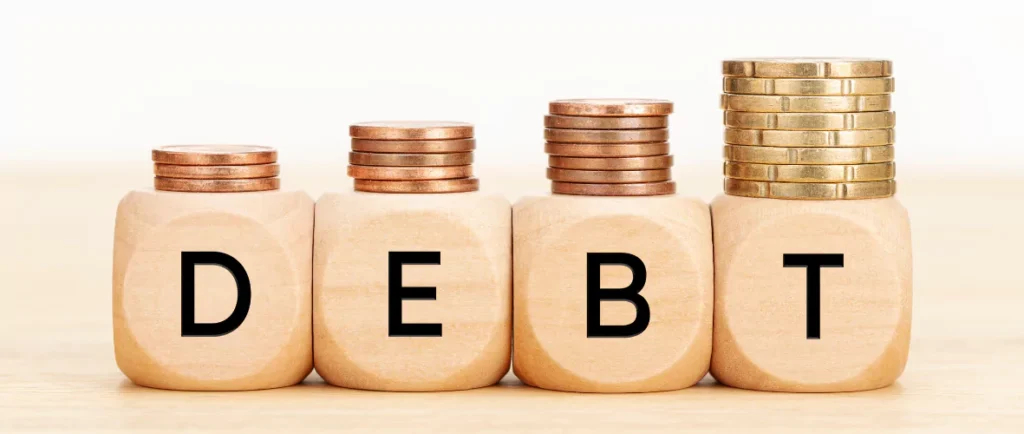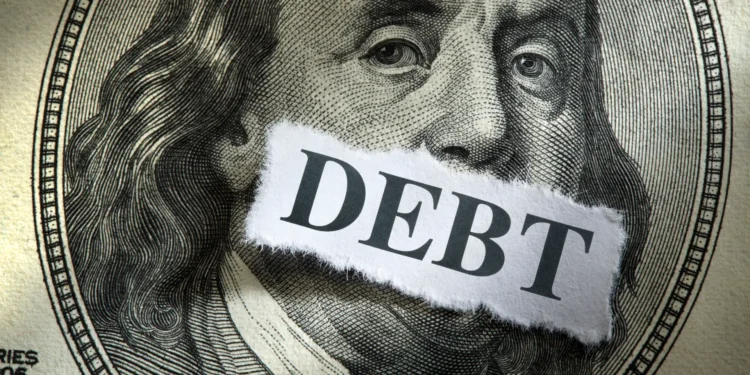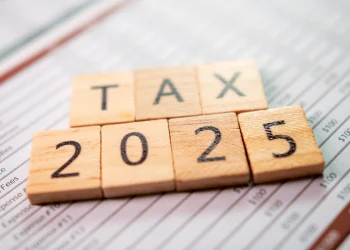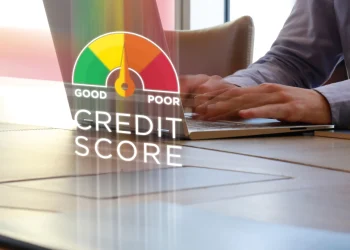In personal finance, the terms “good debt” and “bad debt” are commonly used to categorize different types of liabilities. While debt is often perceived negatively, not all obligations are necessarily harmful. In certain situations, accrued obligations can be categorized as “good debt” that supports long-term goals and wealth building. However, distinguishing good debt from bad can admittedly be not obvious. In this in-depth article, we’ll define good debt, examine different examples, and outline strategic considerations for effectively positively utilizing debt.
What is Good Debt?
At its core, “good debt” can be defined as obligations that enable the acquisition of assets allowing future earnings or appreciating value. Contrastingly, “bad debt” involves liabilities detached from income-generating utilizations. For debt to be considered “good,” it should meet criteria such as:
- Possessing a duration that is logically in line with the useful life of the funded item.
- Tax deductions are available for interest expenses for specific approved uses.
- The principle that has been incurred allows investments to be made with predicted returns that exceed borrowing costs.
- When necessary, flexibility and accessibility allow debt repayment from a variety of sources of income.
- Low rates and other favorable terms indicate little risk to the lender.
When analyzed comprehensively, specific debts can potentially be classified on the “good” side of the spectrum.
Is Student Loan Debt Good or Bad?

Many now consider a college degree to be a must for moving up the professional ladder in today’s economic climate. Student debt financing is frequently required due to the growing expenses of postgraduate and college education. Under some conditions, these debts could be appropriately classified as “good debt” if the borrower takes a calculated approach to repayment.
In a variety of sectors, advanced education and training have consistently been associated with significantly increased lifetime earning potential. In the meanwhile, interest on eligible student loans is still tax deductible in the US for federal responsibilities.
The majority of student loan borrowers gain from longer repayment terms, which range from 10 to 25 years and are adjusted for their expected rise in income. Allowing money set aside for principal and interest payments to naturally increase from upcoming paychecks can support upside investment potential that surpasses
When Is Mortgage Debt Good?
Conventional wisdom understands home mortgages reasonably utilized as a form of good debt. Primary residences are priced appropriately for the borrower’s circumstances. The home remains affordable while building equity over the amortization period.
Vacation homes or rental properties purchased with solid rental income projections to contribute toward debt repayment. Professional management and cash reserves further minimize risk. Multifamily dwellings occupying economies of scale where rents from additional units potentially exceed holding costs.
Historically low interest rates for purchases boost long-term value potentials. With patience and discipline leveraging favorable mortgage products, real estate obligations can certainly augment individual and family net worth healthily.
How About Using Debt for Investments?

Leveraged investment accounts are categorized by some as possible “good debt” based on criteria such as ensuring moderation, borrowed funds are guaranteed to reflect a responsible portion of total assets, and risk tolerance. Acquired quality fixed-income or equities holdings with a high probability of outperforming interest rates.
Extensive diversification reduces the non-systemic downside risk associated with individual assets. limiting financing to buy-and-hold prospects with a longer time horizon as opposed to taking risks.
Keeping large stock cushions reduces the danger of margin calls during periods of market volatility. For astute investors, the planned and disciplined application of inexpensive capital can yield returns that exceed borrowing costs.
What About Small Business Loans?
Depending on usage, business loans may qualify as “good debt” supporting revenue-generating ventures like:
- Funds applied toward capital expenditures are proven to increase operating efficiencies or capacities.
- Acquisitions expanding into complementary product/service domains or geographic markets.
- Working capital bridging timing gaps between expenses and incoming payments.
- Franchising fees or equipment purchases allowing self-employment.
Of course, a comprehensive evaluation of viability encompassing factors like competitive landscapes, personnel, macro conditions and more determines if any specific debt truly supports sustainable enterprises or not. With diligence, small obligations can finance lucrative opportunities.
So How Can Risks Be Mitigated?
While potentially advantageous, “good debt” demands prudent practices mitigating downside risks through:
- Developing wise budgeting supporting debt service from multiple reliable income sources if needed.
- Maintaining cash reserves covering minimum payments for unforeseen life events affecting cash flow.
- Refinancing opportunistically when qualifying for lower interest costs over remaining terms.
- Keeping total debt balances reasonable relative to earnings and assets to avoid overleveraging.
- Diversifying obligations across different types of liabilities matches their specific risk profiles.
- Acquiring borrowings tax-efficiently keeping deductible interest expenditures high.
With careful planning and scrutinizing expenses and incomes comprehensively, “good debt” remains safely navigable.
So What Kinds of Debt Should Be Avoided?

On the other hand, certain debt obligations fail to meet “good” definitions, classified instead as generally “bad” due to attributes like:
- No clear income-generating purpose or asset acquisition behind the borrowing.
- Excessive interest costs and terms outweigh any realistic profit potential.
- Originating primarily for discretionary or depreciating purchases providing little long-term value.
- Total account balances becoming unmanageable or threatening sustainability.
- Lack of creditworthiness deterring the availability of preferable low-cost alternatives.
Avoiding debt lacking practical savings, asset-centric or investment rationales minimizes superfluous interest payments and risks negatively impacting financial wellness.
Conclusion
While it makes sense for the general public to advise against taking on debt, determining what constitutes “good debt” and what constitutes “bad debt” requires carefully examining a variety of elements on an individual basis. Certain loans can help with long-term goals like real estate, business expansion, education, and so on if they are used wisely. Still, the only really “good” borrowings are those that are in line with risk management and sensible personal finance rules. In general, cautious use of debt supports intended accomplishments, whereas careless liabilities jeopardize stability—the ability to distinguish between right and wrong.
Disclaimer
All investments and strategies involve risk of loss, and nothing featured on Finance Today guarantees positive results, profit or protection against losses. Finance Today does not endorse any companies, products, or services that may be referenced on this site. Readers should not make any financial decision or strategy based solely on the information provided here.













